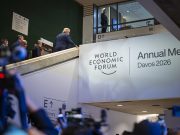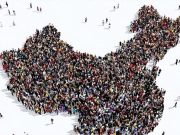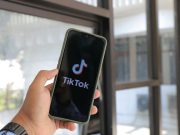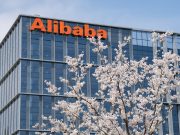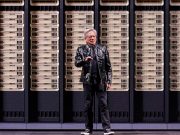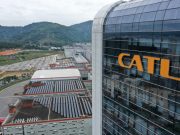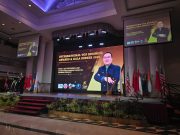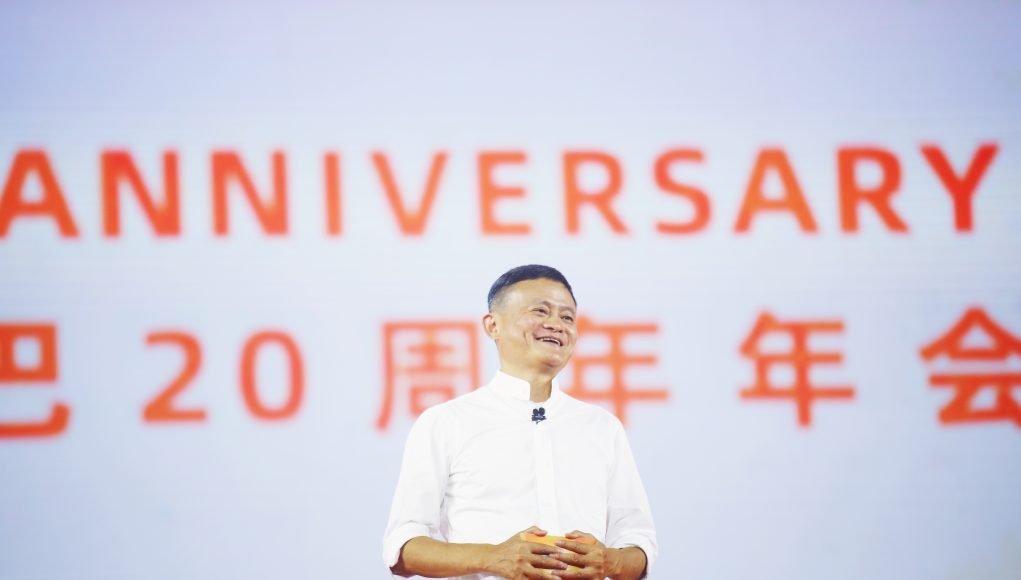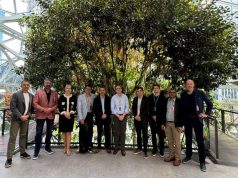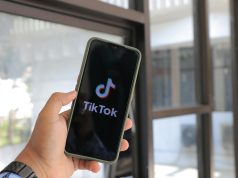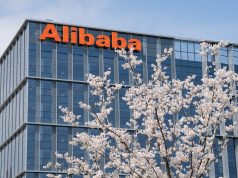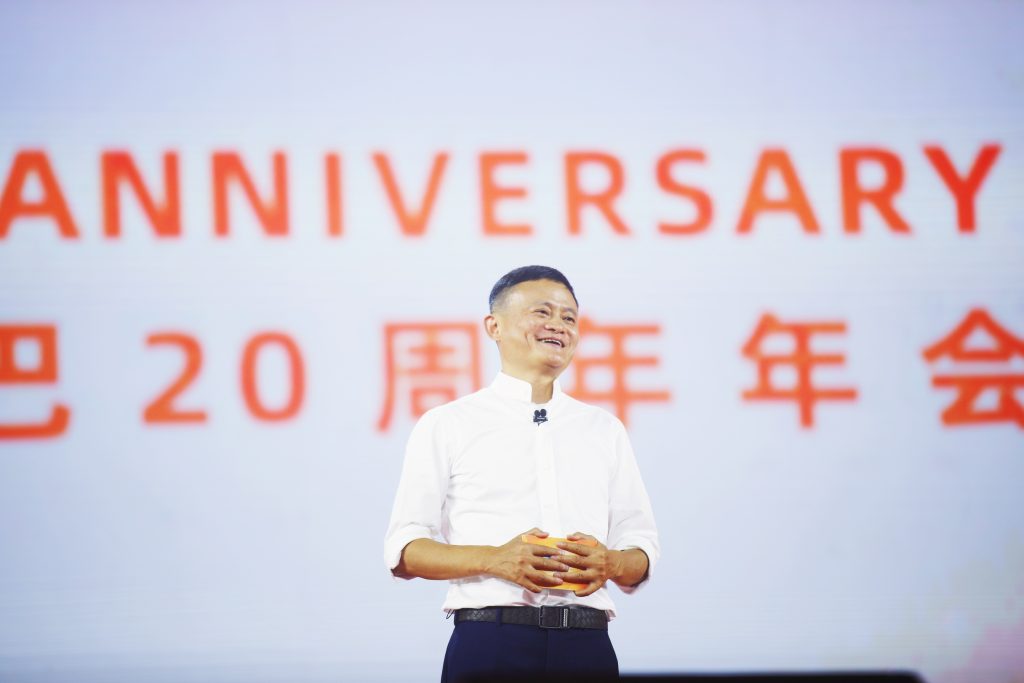
(Photo: Alibaba’s Website)
(Singapore, 16.09.2025)China’s most famous tech founder, Jack Ma, is officially back in action. After a years-long retreat from the public eye and the company he built, Ma is once again an unseen but powerful force at the heart of Alibaba Group Holding Ltd. He’s not just a ghost from the past; he’s a hands-on leader making bold moves to restore the company to its former glory.
Ma’s re-emergence is more than a simple comeback story. It’s a statement. For years, Alibaba’s internal message boards buzzed with a shared dream: to “MAGA” – Make Alibaba Great Again. Now, with Ma’s direct involvement, that dream is becoming a reality, and the company is embracing its scrappy, entrepreneurial spirit once more.
The Return of the Founder
According to a Bloomberg News report, Ma’s dramatic return has been a long time coming for those who followed his public retreat in late 2020. Following a speech in which he criticized China’s financial system, regulators blocked the highly anticipated IPO of his affiliate company, Ant Group Co., and launched a sweeping campaign to rein in the country’s tech sector. Ma, the most visible symbol of this era, vanished from the public eye and spent much of his time abroad.
His absence had a profound impact. Employee morale at Alibaba plummeted, and the company’s stock lost nearly $700 billion in value. But now, he’s back. He’s a constant presence on Alibaba’s campuses and a regular on internal messaging boards, seeking updates and pushing the company’s direction. His return is a signal that China’s tech crackdown is easing and that founders are being welcomed back into the fold, especially as the country looks to artificial intelligence (AI) to fuel its next wave of growth.
Li Chengdong, a prominent tech analyst in Beijing, puts it simply: “Jack Ma is Alibaba’s biggest PR figure, biggest personality, biggest idol… The return of the big boss means he’s no longer a risk, and that just gets everyone’s blood pumping.”
Ma isn’t just offering morale support; he’s actively shaping strategy. He has been a key force behind Alibaba’s decision to spend as much as 50 billion yuan (about S$8.99 billion) in a direct battle with its rivals, JD.com Inc. and Meituan. This move marks a declaration of war in the fiercely competitive Chinese e-commerce market, where consumers now demand quick deliveries of everything from groceries to electronics.
Ma’s strategy, however, isn’t without risk. It puts Alibaba on a collision course with authorities who have previously expressed concerns about “malicious subsidies” and aggressive price wars. But for Ma, who once saw Alibaba hold 85% of the e-commerce market, the fight is necessary to regain lost ground. The company has already seen some success, clawing its way back to hold 43% of China’s food delivery market, just shy of Meituan’s 47%.
The New Guard and the AI Frontier
While Ma’s presence is powerful, he isn’t running the day-to-day operations. Instead, he’s entrusted the company to two of his longest-serving and most trusted lieutenants: CEO Eddie Wu and Chairman Joe Tsai. Both are viewed as more than temporary leaders. Wu, with his deep background in technology, is seen as the ideal person to steer Alibaba’s most important new direction: a full-throttle embrace of AI.
Under Wu’s leadership, Alibaba has committed to spending over 380 billion yuan on AI and cloud infrastructure over the next three years. This isn’t just talk; it’s a massive investment in the company’s future. Ma himself is keeping a close eye on this effort, asking for daily updates on Alibaba’s cloud platform, its self-made chips, and its family of AI models, known as Qwen. He’s fully convinced that technology, and specifically AI, is the key to preserving the company’s innovative “spark.”
This shift in focus represents a major course correction for Alibaba. Previously, the company had made some costly missteps under former CEO Daniel Zhang, including a misguided bet on hypermarkets and a failed plan to break the company into six separate, publicly-traded units. Ma, who lent his support to Zhang’s ousting, is now focused on building a more unified empire, one that better integrates its e-commerce, logistics, and delivery services.
This task falls to rising star Jiang Fan, a former software engineer who was personally mentored by Ma. Jiang has been entrusted with running this new, cohesive e-commerce operation, and his return to a position of influence signals Ma’s confidence in him.
A Hero’s Quest
For many longtime employees, Ma’s return feels like a last-ditch effort by a legendary founder to restore his legacy. He’s known for his colorful analogies, often comparing the entrepreneurial path to a hero’s journey from a martial arts epic. For him, this current battle is a new chapter in that story.
As Duncan Clark, author of Alibaba: The House That Jack Ma Built, notes, Ma holds “a kind of moral authority in the company to make the big calls.” He may not be a micromanager, but his word carries immense weight.
The comeback isn’t without its challenges. Ma’s presence on campus has complicated the reporting structure, as some employees now see him as the ultimate decision-maker, even without an official title. But he wears a company badge wherever he goes, a small gesture that speaks volumes. For many, it’s a clear sign that Jack Ma is back in the game, ready to fight for the company he built. As he once told Chinese state media, “Retirement doesn’t mean I’ve left Alibaba. If Alibaba calls me, I’ll always be there.” It’s clear that Alibaba called, and Ma has answered.



